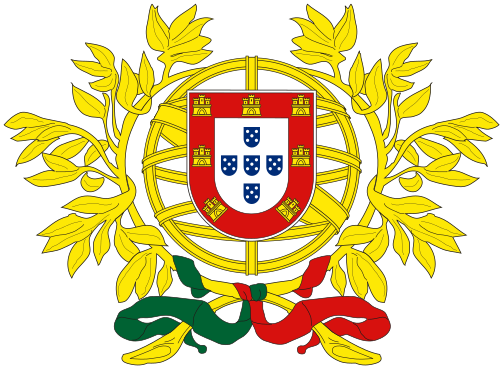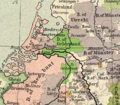Sweden 1636-1666
Up and down session for Sweden. Started off getting screwed by aladar's complete inability to do edits properly or follow simple instructions. Then I started a war with Russia, attempting to free Poland. The war started off reasonably well, but Russia still had better morale, despite my CRT advantage. Also, he had a 4-4-4 leader which had no trouble re-assaulting forts after I took them. However, the war was proceeding as well as could be expected, and a few stabhits were sent.
Then the English DoWed, wanting their silly Scottish lands back. This wasn't entirely unexpected, but they used their MA with Holland and Brandenburg to land troops which my navy wasn't in a position to oppose. Since the entire Swedish army was involved in Russia, Cromwell made quick progress into Jutland, then walked through Brandenburg to Prussia. Troops were raised in Copenhagen, and Jutland retaken, but by then Prussia had fallen. I couldn't face Cromwell in battle without re-routing significant forces from the east, which could not be spared. I wouldn't have minded too much, but I was certain at the time, and drake later confirmed, that he would have cancelled the MA had he not been ghosted at the time. So using this somewhat underhanded tactic Aladar managed to get enough WS to stabhit for Scotland. I rejected a few offers, but eventually gave him the provinces.
Meanwhile, a series of random stabhits (this seems to happen every time I fight Russia, in fact my first political crisis happened about 2 months before I DoWed him) crushed my stability, and ruined my trade. Income was down, and I was trying to recover stability, mint for mercenaries, and fund Poland. However, most of the progress I made was impossible to maintain, because of the great strategic depth of Russia. Every time I took a province, he'd just retreat and eventually when winter came Kanth would just re-take the provinces. At this time I made a series of mistakes, costing me a considerable number of troops, for minimal gain. I overpursued the Russians out of frustration, and wasn't watching a few battles closely enough which lead to the loss of around 60,000 troops I couldn't afford to spare. From here on Russia had the advantage. We fought on for a few more years, even more random stabhits (!) were causing rebels to mount in Sweden. Income was down to about 150D/month, and there was about 10 RR in every province. Austria promised to intervene, but backed out at the last minute, and Poland was forced to cede 3 provinces. However, he got to keep his independence.
Right as the war ended, Drake PMed me, asking if I wanted to attack Russia together with Brandenburg, Poland and Austria. I could hardly believe it, but I wasn't about to say no. During the inter-war years Stability was regained (unfortunately, the stabhits continued - a total of -15 throughout the session), and trade re-established. Once WE hit zero, I started rebuilding my armies preparing for the next war. Fortunately, Kanth realized the futility of fighting all four of us and quickly peaced returning the three provinces he had taken from Poland, as well as two more.
After the war, trade quickly recovered, mostly because Portugal, Spain, France and the OE were all at war with eachother, and not focused on trade as well as banning eachother. Also, a monopoly was purchased from our friends in Austria. Further increasing Swedish TE. Sweden finished the session with the highest trade in the world, hopefully something it will be able to maintain after the current war is over.
















